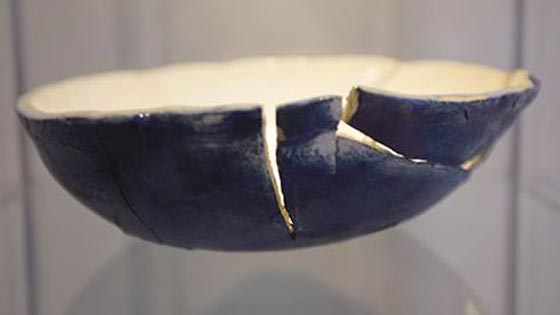Toronto Rehab – the No. 1 rehabilitation research centre in the world – will launch its first-ever contemporary solo art exhibit, RETHINK RECOVERY.
"I can't count the number of times I've left medical appointments devastated and disappointed that the doctors and science were unable to give me the answers needed to get me to recovery," says Toronto Rehab patient and Canadian artist Kanika Gupta.
RETHINK RECOVERY is a reflection of Kanika's journey to feeling whole again. The exhibit will run throughout the month of June in Toronto Rehab's Innovation's Gallery, which is a space typically used to demonstrate scientists' newest findings, products, and treatments.
Kanika's exhibition is the first showing of an innovation by a patient.
RETHINK RECOVERY features original prints, photographs, ceramics and words exploring alternative ways of defining recovery from injury, illness or disease, while challenging societal and medical assumptions of what it means to be "recovered."
The artist will also host a series of hands-on, art-making workshops for patients and staff, allowing viewers to become active participants in experiencing and re-conceptualizing recovery of any type.

One of the ceramic pieces in the exhibit. (Photo: Courtesy Kanika Gupta)
After sustaining a concussion in February 2013, Kanika became a patient of Dr. Mark Bayley, Medical Director of Toronto Rehab's Brain & Spine Program, for ongoing care of post-concussive symptoms. She turned to art when it was one of the only activities the symptoms of her concussion could tolerate.
Created over a span of four years, the works on display in RETHINK RECOVERY chronicle her real-time journey of recovery.
"Through my art, I discovered that the answers I was seeking were with me all along," Kanika says. "To me, recovery is no longer about being symptom-free. It's acknowledging that you can function in an entirely different way.
"I'm excited to share this work with others who may be searching for answers to put back together the missing pieces in their lives, and also open a dialogue with doctors and medical staff."
Read news release on UHN.ca
